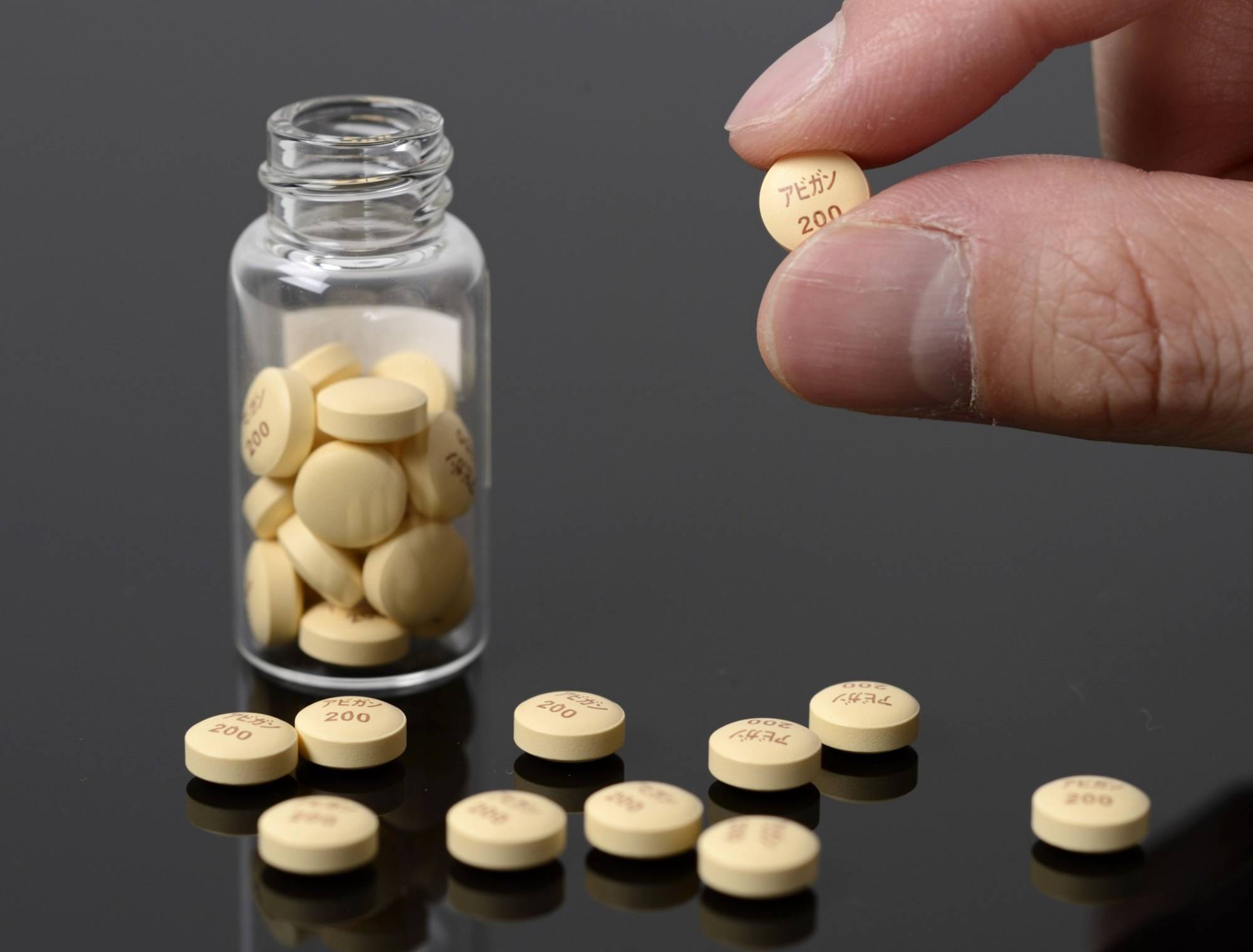As winter approaches and colder weather makes it even more difficult to adhere to social distancing measures, the odds of COVID-19 spreading still further seem to be inevitable. Still, despite having the highest infection rate in the world, there is growing optimism in the United States, thanks to the prospect of effective vaccines being developed in the not-too-distant future. The fact that financial markets worldwide have also welcomed the latest news from Pfizer and Moderna on their respective developments for fighting the virus also demonstrates continued global confidence in U.S. scientific research.
Yet developing a vaccine only marks another chapter in the long road ahead to recovery from the deaths and destruction caused by the virus. What remains uncertain, and takes on greater urgency, is how and when the vaccine might be made available to the majority of the world's population. As a country that is collaborating and yet not at the forefront of vaccine development, Japan has a sizable role to play in keeping flaring vaccine nationalism in check and in pushing for a more equitable distribution of the much-needed drug worldwide.
Some of the most noteworthy factors of the pandemic have been the rapid spread of the virus to almost all countries on the planet and the lack of global leadership to fight the pandemic. The fact that the United States has not joined international efforts to distribute the vaccine, once available, in a more equitable manner worldwide through the COVID-19 Vaccines Global Access Facility (COVAX) has certainly been unsettling. Coupled with the fact that the Trump administration withdrew from the World Health Organization itself in the midst of a global pandemic, the concern that even if U.S. companies are successful in bringing an effective vaccine to market, access to the drug would be elusive to those countries that are unable to pay.


















With your current subscription plan you can comment on stories. However, before writing your first comment, please create a display name in the Profile section of your subscriber account page.